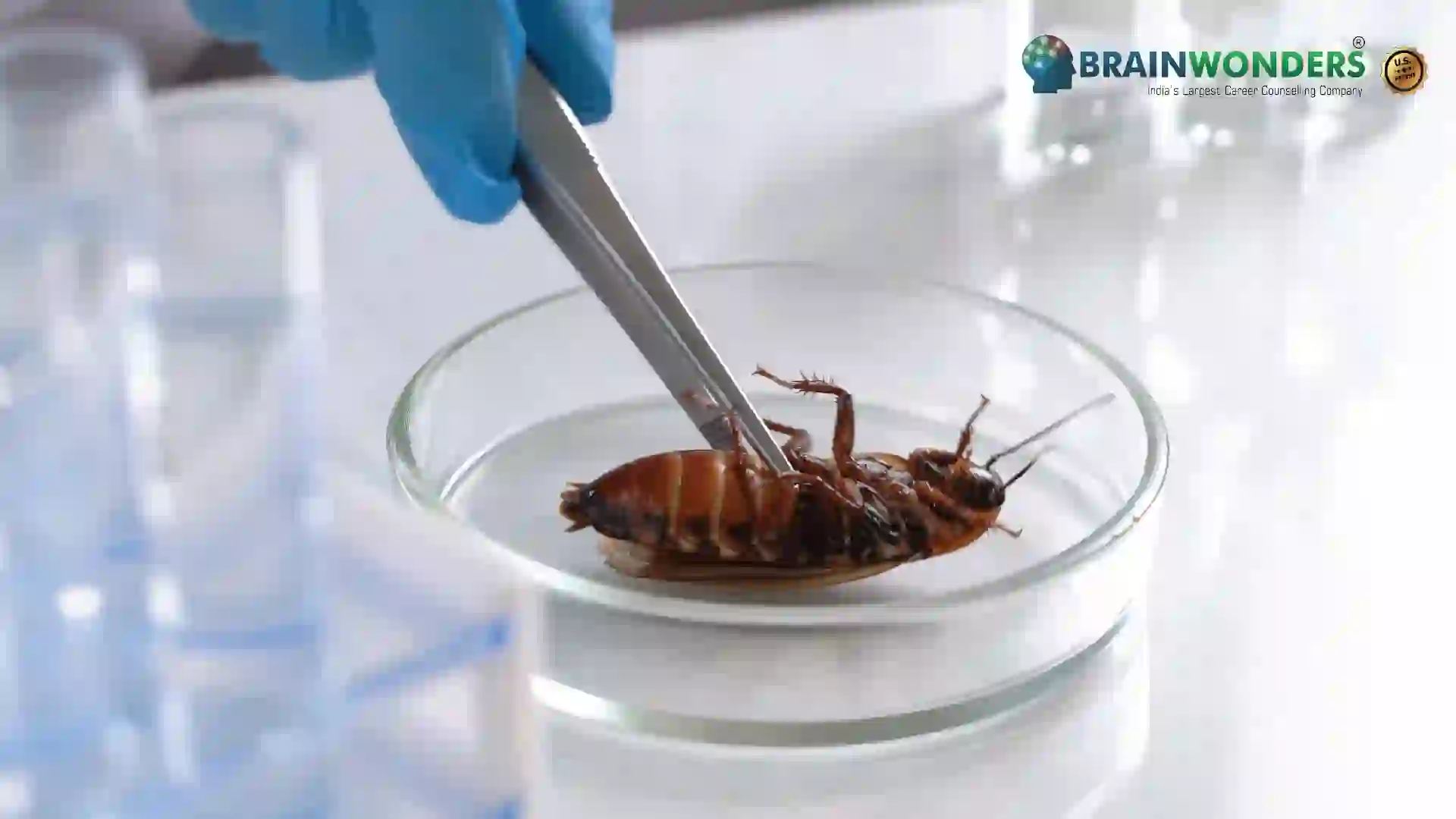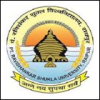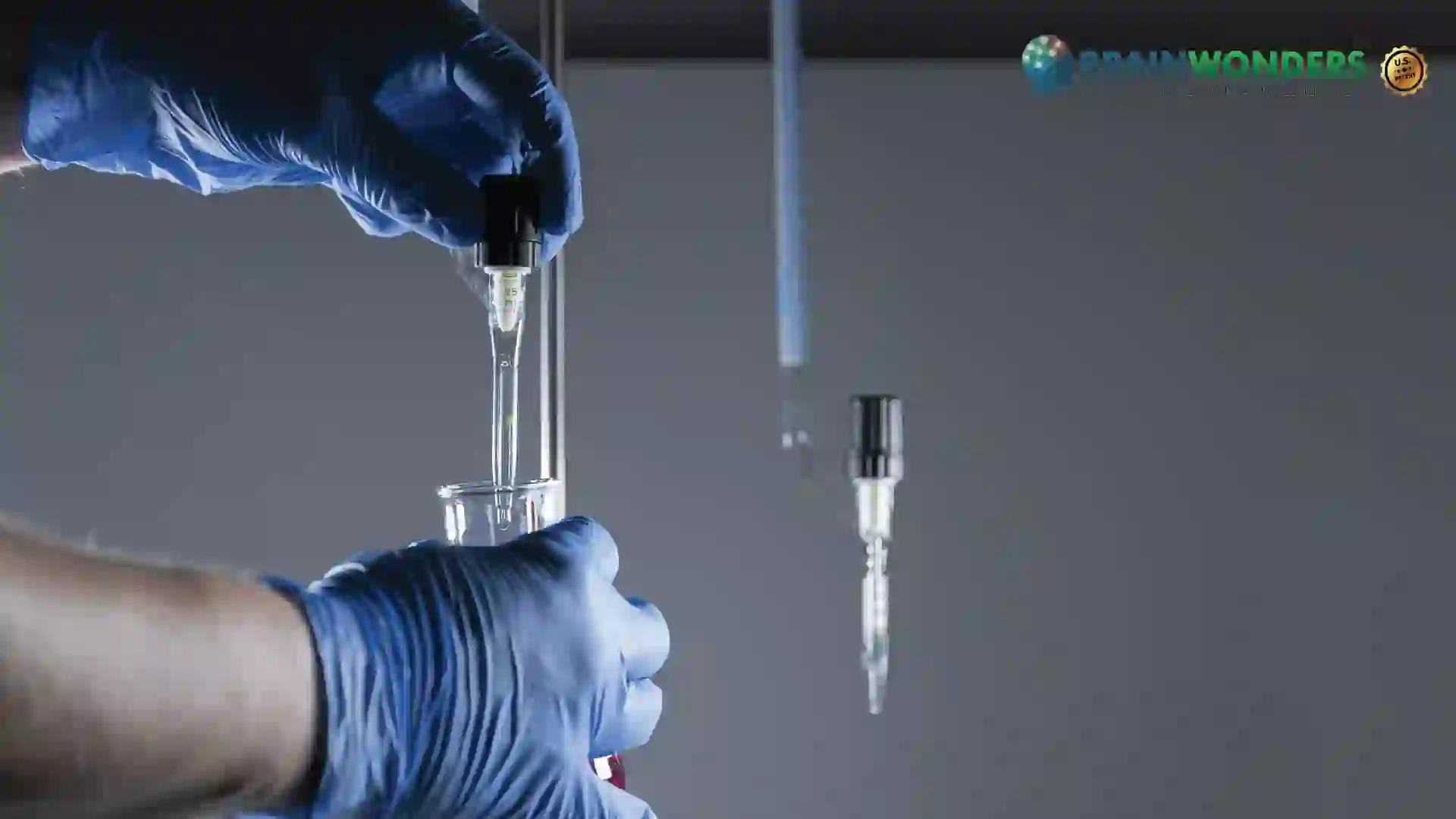How to become an Entomologist
Overview, Courses, Exam, Colleges, Pathways, Salary

Overview
Who is Entomologist ?
Insects outnumber all other life forms and perform life-vital functions on earth. An entomologist is someone who uses observational, experimental, biological, and genetic approaches to study insects, their habitats and their behaviours. The scope of entomology is broad, including insect and arthropod identification, classification, observation, and conservation.
Entomological research can also provide broader insights into ecology, evolution and social behaviour. Entomologists contribute to human betterment by identifying the role of insects in disease spreading and discovering ways to protect food, fibre crops, and cattle from being damaged. They are studying how beneficial insects contribute to human, animal and plant wellbeing. This demonstrates the importance of entomology.
Typical day at work
What does Entomologist do?
Job description, Profiles, Roles and Duties:
- Research physiology of insects, their habitat and distribution
- Build a cross-disciplinary network for the first-order study of peripheral problems (such as climate change) and how these can impact entomological modelling
- Gather and manage specimens from the field
- Sample the air, water, soil, and materials for habitat and ecology data collection
- Offer guidance to stakeholders to address complex and widespread problems regarding pest control
- Act with a strategic ecological mind to build and troubleshoot comprehensive approaches and plans for pest management
- Examining the role of insect pests in agriculture, human health, forests and the environment
- Perform entomological population modelling and prediction using computational analyses
- Develop laboratory- and field-testing standards and guidelines
- Develop methods for specimen trapping and containment
- Create methods for monitoring and containment of specimen populations
- Assess risk and financial damage from the infestation of insects on small to large geographical areas
- Develop strategies and risk mitigation plans
- Expertise in computer database and geographical information systems
- Creating methods to prevent the import and spread of destructive insects
- Discover and catalog new insect species
- Studying the origin and classification of insects
- Design and enforce pest control systems for urban as well as agricultural sites
- Coordination of public awareness and education programs
- Conducting pesticide field and laboratory tests to know its impact on diverse species of insects
- Curating insect collections at museums
- Develop and perform experimental investigations of insects in regulated or natural environments
- Knowledge of insect characteristics, including interactions with other species and their environment, reproduction, population dynamics, diseases and patterns of movement
- Investigate, initiate, and maintain insect breeding programs
- The estimation, monitoring and management of insect populations
- Write research papers, reports and academic articles explaining the results
Abilities and Aptitude needed
What are the skills, abilities & aptitude needed to become Entomologist?
The ones who pursue entomology are strong in academics because this is important for completing all the required education and finding a suitable workplace. Aspiring entomologists need to have a deep desire to research insects and their ecology and write reports based on their methodology and observations.
Entomologists must not be squeamish around insects and should be able to handle them and their by-products. The field also involves observation of the insects' behaviour, appearance, and atmosphere. So, an entomologist means someone with excellent observation skills and great attention to detail.
They must have the intelligence, enthusiasm, imagination, persistence and perseverance required for finding answers to complex research questions. In addition, entomologists must be able to critically draw essential conclusions from data gathered from analysis, observation, and experiments and then convey their results to researchers, students, policy-makers, and other stakeholders, depending on the nature of the job.
Pathways
How to become an Entomologist?
Entrance Exam
Entrance Exam for Entomologist ?
Courses
Which course I can pursue?
Best Colleges
Which are the best colleges to attend to become an Entomologist?
Industries
Which Industries are open for Entomologist?
internship
Are there internships available for Entomologist?
Career outlook
What does the future look like for Entomologist?
Entomologist salary can differ depending on location, educational level, experience and employer. Careers in this field can vary from farm entomology to forensic entomology. Forensic entomologist assists by researching the species found with the dead bodies to solve murder cases. They can assist in determining the timeline and location of a crime. An entomologist's career possibilities are infinite.
Entomologist jobs comprise governmental, post-secondary, and museum work. Chemical manufacturing and pharmaceutical firms are now employing entomologists to research and deliver new products to forestry, agricultural, and medical professionals. They may also work for independent firms to direct clients on insect control.
They will also work on joint ventures with other scientists to develop pest-resistant crops. They could also collaborate with parasitologists or other microbiologists to develop novel vaccines and drugs to combat disease-spreading insects. But, for entomologists, most of the new employment would likely be in biotechnology or the environment.
In colleges and universities, many entomologists are faculty members. Entomologists work in offices and labs and outside when doing fieldwork. Travelling to remote destinations, primarily rainforests in South America or Asia may require fieldwork.







